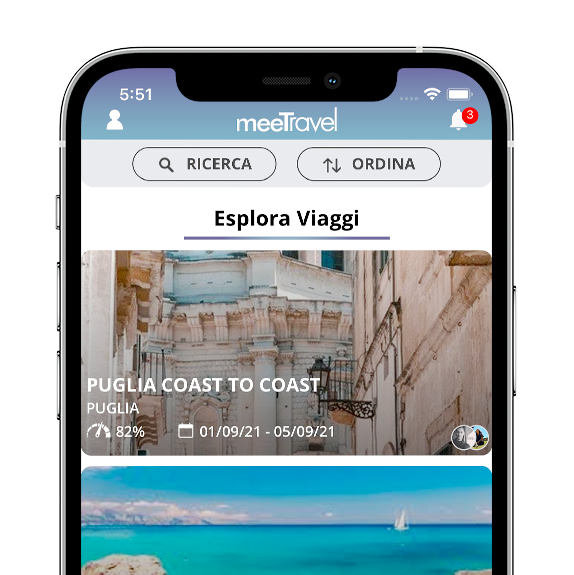
React and React Native
React is an open source JavaScript library for building user interfaces developed by Facebook. It's one of the most popular solutions for frontend development. React Native is a framework for building native mobile applications using HTML and JavaScript.
We build native mobile user interfaces with React Native.
The benefits of cross-platform mobile development.At ELbuild, we mainly use React Native to create native mobile apps composed of a multiplatform code. This means that the Android and iOS apps will, in this case, share the same code base, thus decreasing the overall development time for the two platforms and facilitating the update procedures so that the code only needs to be changed once for both platforms.
Compared to other "hybrid" solutions, React Native guarantees a better performance and a look and feel that more closely resembles native apps, as by compiling the code in JavaScript, we create a genuinely native app in all respects.
When do we choose React Native?
Not an obvious choiceSelecting a multiplatform solution is not always the best option: development can certainly be faster and costs less; however, this choice isn't optimal in some scenarios. Despite the UI being native, the business logic is interpreted and less powerful than an app written in native code. Furthermore, for some types of applications, such as those that make use of sensors or the hardware components of mobile devices, a lower level of control is required to make the best use of these components.
Since an interface created in React is more web-oriented, you shouldn't underestimate running the risk that it won't fully respect the guidelines of the mobile OS, creating interfaces that aren't totally consistent with the other apps.
Finally, you must keep in mind that developing apps of this type is heavily based on community-developed libraries and resources, which may not support mobile system updates. For this reason, this choice, which is excellent for quickly creating apps that will have a short life cycle (commonly apps for events, protests and activities with a limited time duration), could then lead to problems in case of updates or the need to add to or change the app's features in the future.
This is why the choice of using a framework such as React Native or opting instead for native development (with Swift, Java or Kotlin) must be carefully considered when analysing your requirements.

 richieste@elbuild.it
richieste@elbuild.it 
 AWS
AWS
 Docker
Docker
 Java EE
Java EE
 Go
Go
 Node JS
Node JS
 Typescript
Typescript
 Vue.js
Vue.js
 Oruga
Oruga
 Angular
Angular
 Nuxt
Nuxt
 React
React
 ObjectC
ObjectC
 Swift
Swift
 Kotlin
Kotlin
 Android
Android
 Apple
Apple
 Linux
Linux
 CentOS
CentOS
 PostgreSQL
PostgreSQL
 MySQL
MySQL
 Mongo DB
Mongo DB
 Solr
Solr
 Redis
Redis
 Git
Git
 Elbuild s.r.l.
Elbuild s.r.l.